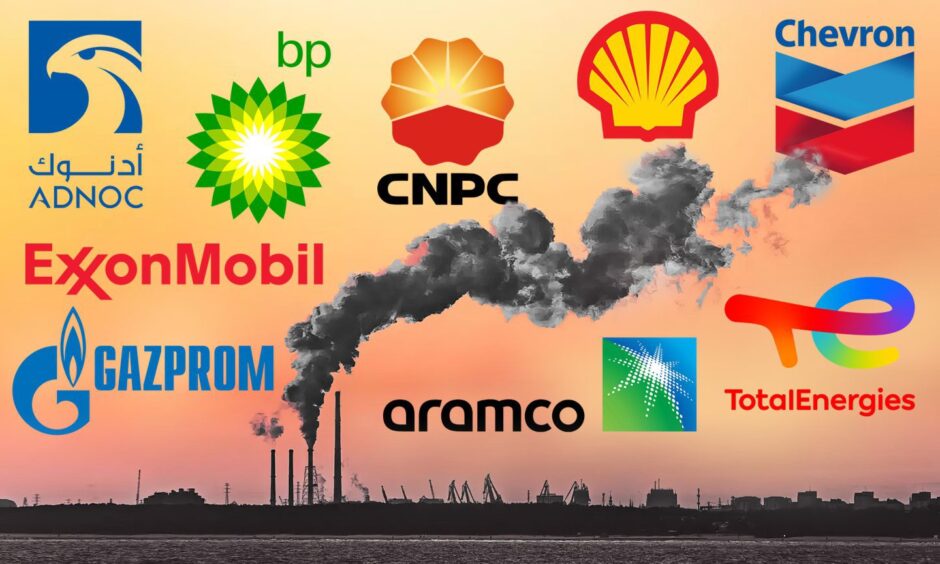 © Image: DCT Media/Unsplash
© Image: DCT Media/Unsplash A new report has revealed the world’s oil and gas firms have contributed to more than 40% of global carbon dioxide (CO2) emissions since the Paris climate agreements.
InfluenceMap analysed the contribution of the world’s largest oil, gas, coal, and cement producers to global carbon emissions, which are the primary driver of climate change.
The report considered Scope 3, or downstream emissions, created from the use of fossil fuel products, rather than the emissions generated directly and indirectly by the firms (Scope 1 & 2).
It found most fossil fuel companies produced more fossil fuels in the seven years after the Paris Agreement than in the seven years before the Agreement’s adoption.
According to the report, the majority of global CO2 emissions produced from 2016 to 2022 can be traced to a small group of high emitters who are “failing to slow production”.
Big corporations linked to 80% of emissions
In total, InfluenceMap said 80% of global CO2 emissions from fossil fuels and cement from 2016 through 2022 can be linked to 57 corporate and state entities.
Based on the information contained in the report, Energy Voice found oil and gas producers contributed to approximately 44.3% of global CO2 emissions between 2016 and 2022.
The top three emitting oil and gas firms were Saudi Aramco, Russia’s Gazprom and the National Iranian Oil Co.
North Sea players Shell and BP ranked 9th and 10th respectively, while others firms in the top 20 oil and gas emitters included ExxonMobil (7th), Chevron (12th), TotalEnergies (14th) and Equinor (21st).
Most regions increase emissions
The report found there were “no leading regions when it comes to emissions reductions”, with the highest emissions increases seen in companies from Asia and the Middle East.
Firms from Africa, Europe and South America also saw an increase in emissions, while only North America bucked the trend with a small majority of companies linked to decreasing emissions.
InfluenceMap programme manager Daan Van Acker said the new analysis showed major fossil fuel emitters are not slowing their production.
“This research provides a crucial link in holding these energy giants to account on the consequences of their activities,” he said.
Stand.earth international program director and Fossil Fuel Non-Proliferation Treaty chair Tzeporah Berman said the companies in the report have made billions in profits while “denying the problem and delaying and obstructing climate policy”.
“They are spending millions on advertising campaigns about being part of a sustainable solution, all the while continuing to invest in more fossil fuel extraction,” Ms Berman said.
